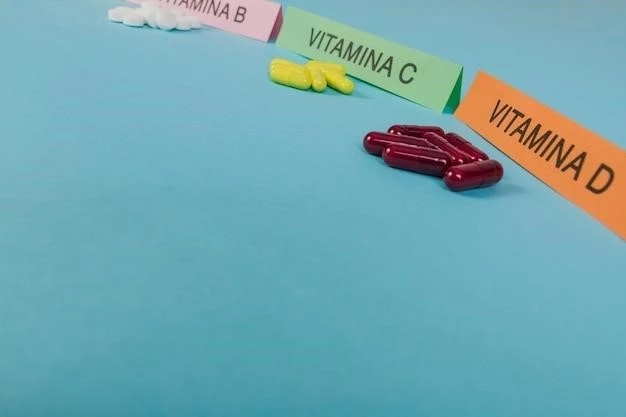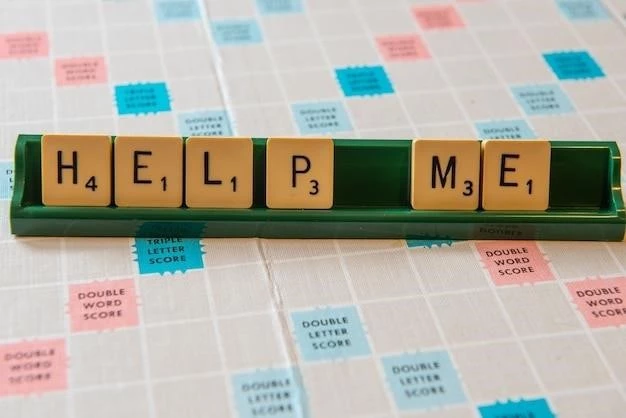Understanding Hypomentia
When discussing Hypomentia, it is crucial to understand the various cognitive deficits associated with this neurodevelopmental disorder. Explore the unique characteristics and challenges faced by individuals with Hypomentia to gain a comprehensive understanding of this condition.
What is Hypomentia?

Hypomentia is a condition characterized by significant cognitive impairment and developmental delays. It falls within the spectrum of neurodevelopmental disorders. Individuals with Hypomentia may experience challenges in various aspects of their cognitive functioning, such as learning, memory, problem-solving, and language skills. This condition affects the individual’s ability to process information, interact with their environment, and perform daily tasks independently. Understanding the specific cognitive deficits associated with Hypomentia is crucial for providing appropriate interventions and support for affected individuals.
Difference Between Hypomentia and Other Cognitive Disorders
When distinguishing between Hypomentia and other cognitive disorders, it is essential to consider the specific cognitive deficits and developmental delays that characterize each condition. Hypomentia typically involves a more pronounced global developmental delay and cognitive impairment compared to other disorders like intellectual disability, learning disability, or cognitive dysfunction. Understanding these distinctions can help in accurately diagnosing and providing tailored interventions for individuals affected by Hypomentia. It is crucial to consult with healthcare professionals for a comprehensive assessment and personalized treatment plan.
Symptoms and Manifestations
Recognizing the symptoms and manifestations of Hypomentia is crucial for early detection and intervention. Common signs may include significant developmental delays, cognitive deficits affecting various domains, challenges with communication and social interactions, fine and gross motor skill impairments, and difficulties with adaptive functioning. It is essential to closely observe individuals for these indicators and seek a comprehensive evaluation from healthcare professionals if there are concerns about potential Hypomentia. Early diagnosis can lead to timely support and interventions to enhance the individual’s quality of life.
Causes of Hypomentia
Understanding the causes of Hypomentia is essential for developing effective management strategies. The condition can arise from genetic factors, prenatal exposure to toxins or infections, complications during birth, or early childhood trauma. Structural abnormalities in the brain or disruptions in neurodevelopmental processes may also contribute to the development of Hypomentia. It is crucial to consult with healthcare professionals to determine the underlying cause of the condition and formulate a comprehensive treatment plan tailored to the individual’s needs. Early identification of the causes can lead to targeted interventions and support for individuals with Hypomentia.
Diagnosis and Assessment
Accurate diagnosis and assessment of Hypomentia are crucial for developing personalized intervention plans. Healthcare professionals may use a combination of standardized tests, developmental screenings, medical history reviews, and observation of the individual’s behavior and cognitive functioning to diagnose Hypomentia. A multidisciplinary approach involving psychologists, pediatricians, neurologists, and special educators is often necessary to conduct a comprehensive assessment. Early detection and diagnosis can lead to timely interventions and support services tailored to the individual’s specific cognitive deficits and developmental needs.
Treatment and Management
Effective treatment and management strategies play a pivotal role in supporting individuals with Hypomentia. Interventions may include specialized educational programs, cognitive and behavioral therapies, speech and occupational therapy, and pharmacological support when necessary. Additionally, creating a structured and supportive environment at home and school can help individuals with Hypomentia thrive. Collaborating with a team of healthcare providers, educators, and therapists can facilitate a comprehensive approach to address the cognitive deficits and developmental challenges associated with Hypomentia. Regular monitoring and adjustments to the treatment plan are essential to optimize outcomes and enhance the individual’s overall well-being.
Support and Resources
Accessing appropriate support and resources is essential for individuals living with Hypomentia and their families. Seek assistance from support groups, advocacy organizations, and local community services specializing in neurodevelopmental disorders. These resources can provide valuable information, guidance, and emotional support to navigate the challenges associated with Hypomentia. Educating yourself about the condition, building a strong support network, and actively engaging in therapies and interventions can enhance the quality of life for individuals with Hypomentia. Remember, you are not alone, and there are resources available to help you every step of the way.
Research and Future Perspectives
Ongoing research on Hypomentia is fundamental in advancing our understanding of this neurodevelopmental disorder. Researchers are exploring innovative interventions, genetic factors, neural mechanisms, and potential biomarkers associated with Hypomentia to enhance diagnosis and treatment outcomes. Participating in research studies and clinical trials can contribute to the development of new therapies and interventions for individuals with Hypomentia. Stay informed about the latest advancements in the field and consider engaging in research initiatives to support future breakthroughs in the management of Hypomentia. Your involvement can make a difference in shaping the future prospects for individuals affected by this condition.
